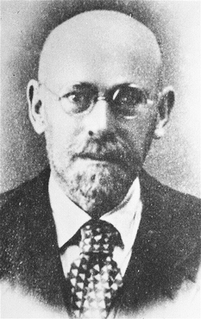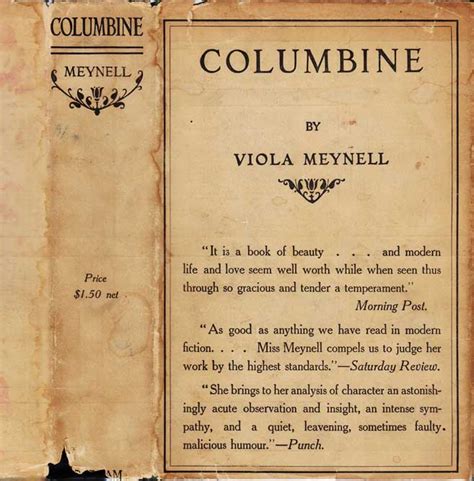A Quote by James Russell Lowell
It is not without reason that fame is awarded only after death. The cloud-dust of notoriety which follows and envelops the men who drive with the wind bewilders contemporary judgment.
Related Quotes
Temporal punishments are suffered by some in this life only, by some after death, by some both here and hereafter, but all of them before that last and strictest judgment. But not all who suffer temporal punishments after death will come to eternal punishments, which are to follow after that judgment.
God sees the minds (ruling principles) of all men bared of the material vesture and rind and impurities. For with his intellectual part alone he touches the intelligence only which has flowed and been derived from himself into these bodies. And if thou also usest thyself to do this, thou wilt rid thyself of thy much trouble. For he who regards not the poor flesh which envelops him, surely will not trouble himself by looking after raiment and dwelling and fame and such like externals and show.
Man feels and ponders death as though it were the end, when in fact death is merely the continuation of life. It is another life. You may not believe in the existence of the soul, yet you must acknowledge that your body will live on as green grass, as a cloud. For you are, after all, water and dust.
The penalty of death is the only one that makes an injustice absolutely irreparable; from which it follows that the existence of the death penalty implies that one is exposed to committing an irreparable injustice; from which it follows that it is unjust to establish it. This reasoning appears to us to have the force of a demonstration.
For example, the wind has its reasons. We just don't notice as we go about our lives. But then, at some point, we are made to notice. The wind envelops you with a certain purpose in mind, and it rocks you. The wind knows everything that's inside you. And not just the wind. Everything, including a stone. They all know us very well. From top to bottom. It only occurs to us at certain times. And all we can do is go with those things. As we take them in, we survive, and deepen.
Human judgment of human actions is true and void , that is to say, first true and then void.... The judgment of the word is true, the judgment in itself is void.... Only he who is a party can really judge, but as a party he cannot judge. Hence it follows that there is no possibility of judgment in the world, only a glimmer of it.
When men have appreciated the countless differences which the exercise of that judgment must necessarily produce, when they have estimated the intrinsic fallibility of their reason, and the degree in which it is distorted by the will, when, above all, they have acquired that love of truth which a constant appeal to private judgment at last produces, they will never dream that guilt can be associated with an honest conclusion, or that one class of arguments should be stifled by authority.
I have issued the command, and I'll have anybody who utters but one word of criticism executed by a firing squad, that our war aim does not consist in reaching certain lines, but in the physical destruction of the enemy. Accordingly, I have placed my death's-head formation in readiness, for the present only in the East, with orders to them to send to death mercilessly and without compassion, men, women, and children of Polish derivation and language. Only thus shall we gain the living space which we need. Who, after all, speaks today of the annihilation of the Armenians?







































